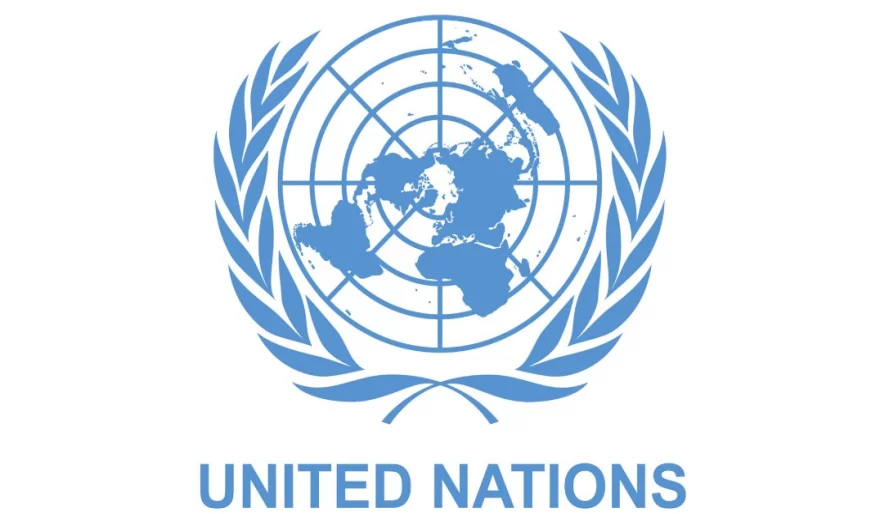Stay Ahead of the Curve
Latest AI news, expert analysis, bold opinions, and key trends — delivered to your inbox.
The Role of International Cooperation in AI Regulation: Lessons from the UN Security Council
2 min read The United Nations Security Council to address AI's impact on global peace & security, signaling a crucial step in understanding its opportunities & challenges. A milestone moment for recognizing the significance of artificial intelligence. July 17, 2023 07:04
The United Nations Security Council is set to discuss the impact of artificial intelligence (AI) on global peace and security. This marks a significant milestone in recognizing the potential risks and benefits of this transformative technology.
As governments worldwide grapple with the challenges posed by AI, the need for international cooperation and regulation becomes crucial. Britain, holding the rotating presidency of the Security Council, is taking the lead in calling for a global dialogue on AI's implications.
The discussion, chaired by British Foreign Secretary James Cleverly, will shed light on the ways AI can reshape the global economy and impact international security. It's an opportunity for nations to share their perspectives and collaborate on mitigating potential risks.
This push for an international AI watchdog body, akin to the International Atomic Energy Agency (IAEA), underscores the growing recognition of AI's significance. The proposal aligns with U.N. Secretary-General Antonio Guterres' support for robust AI governance mechanisms.
By initiating this dialogue, the Security Council takes a vital step towards fostering global cooperation on AI governance. As AI continues to advance rapidly, international collaboration and shared guidelines will be crucial to ensure its responsible and ethical development.



















 AI Agents
AI Agents